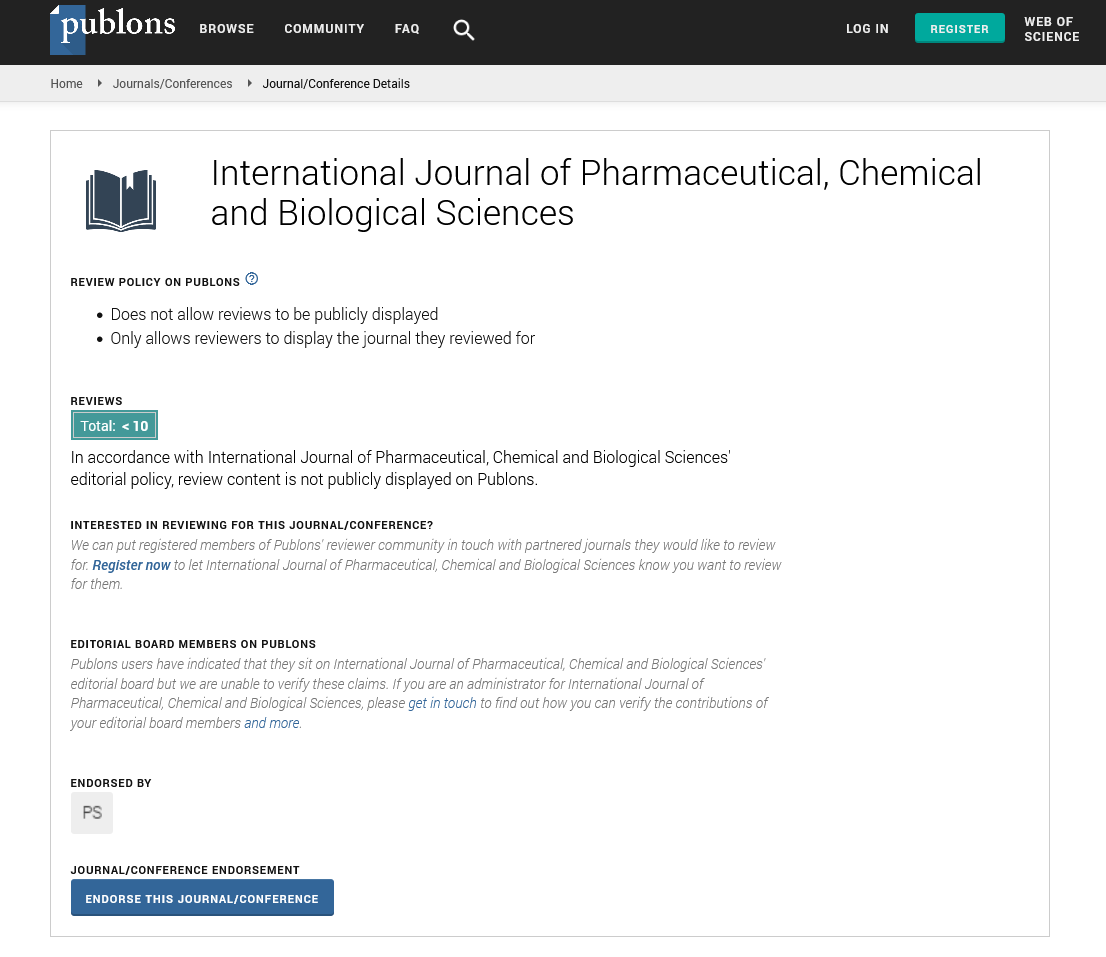Abstract
Author(s): Nagaraju Pappula , Ravichandra Sharabu and Pradeep Kumar Thadiboina
Docking is a pharmacologically important tool in the field of drugs designing and computational biology. It works with the basic understanding of structure prediction of intermolecular complex formed between drug and its target molecule. The aim of ligand-receptor docking is to identify the pivotal active binding sites of a ligand with a protein of already known three-dimensional structures. Molecular docking is a computational procedure that aims to predict the favored orientation of a ligand to its macromolecular target when these are bound to each other to form a stable complex. The present review focused on importance of docking and its applications in drug innovation. The relevant basic theories including sampling algorithms, scoring functions are summarized. The differences in and performances of available docking software are also discussed.

